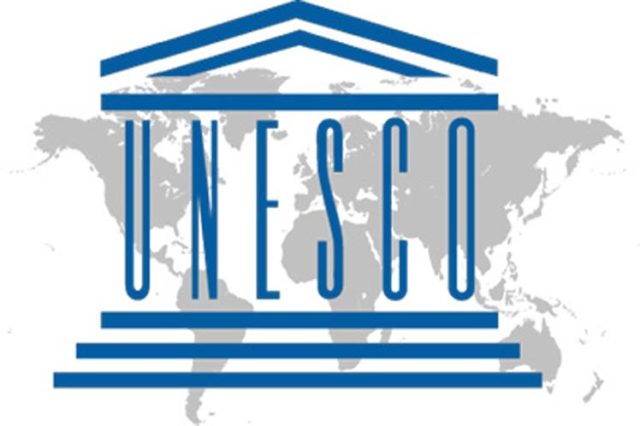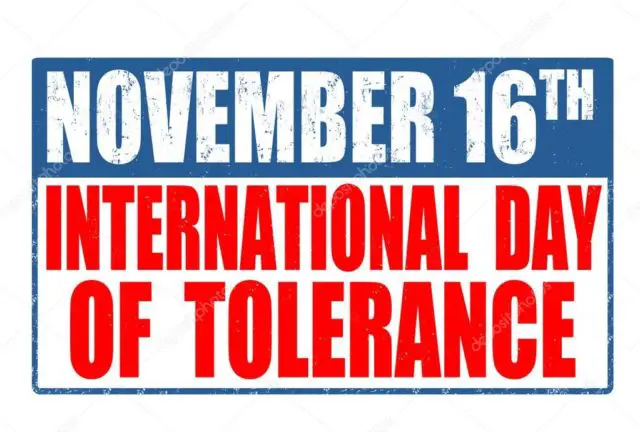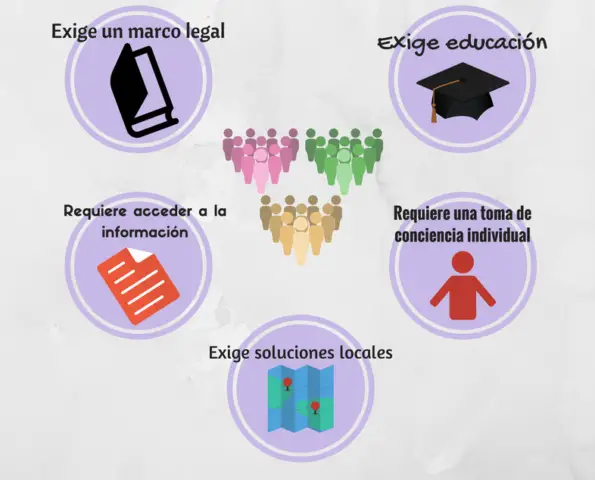| In 1995, the member countries of the United Nations Educational, Scientific and Cultural Organization (UNESCO) adopted a Declaration of Principles on Tolerance. The Declaration affirms, among other things, that tolerance is not indulgence or indifference; it is respecting and knowing how to appreciate the richness and variety of the cultures of the world and the different forms of expression of human beings. Moreover, tolerance recognizes universal human rights and the fundamental freedoms of others. In that sense, we must acceptt the fact that people are naturally diverse. Only tolerance can ensure the survival of mixed communities in each region of the world. |

The United Nations is committed to strengthening tolerance by fostering mutual understanding between cultures and peoples. This imperative is at the basis of the Charter of the United Nations and the Universal Declaration of Human Rights, and it is more important than ever in an era when violent extremism and radicalism are on the rise and conflicts are widening. characterized by a fundamental underestimation of human life.
The Declaration describes tolerance not only as a moral duty but as a political and legal requirement for individuals, groups, and states. It places tolerance within the framework of international human rights law, developed over the last fifty years and calls on states to legislate to protect equal opportunities for all groups and individuals in society.

Injustice, violence, discrimination, and marginalization are common forms of intolerance. Education is a key element to fight against these forms of exclusion and help young people to develop an independent attitude and ethical behavior. The diversity of religions, cultures, languages and ethnic groups should not be a reason for conflict but a richness valued by all.
The United Nations has launched the JUNTOS campaign to promote tolerance, respect, security, and dignity throughout the world. It aims to reduce perceptions and negative attitudes towards refugees and migrants, in addition to strengthening the social contract between host countries and communities, and refugees and migrants.
How to fight against intolerance?
1. Fighting against intolerance requires a legal framework
Governments must apply human rights laws, prohibit crimes and discriminate against minorities, regardless of whether they are committed by private or public organizations or individuals.
2. Fight against intolerance demands education
Laws are necessary but not sufficient to fight against intolerance and individual prejudices. Intolerance is often born of ignorance and fear: fear of the unknown, the other, cultures, nations or different religions. Intolerance also arises from an exaggerated sense of the value of one’s own and of personal, religious or national pride, exacerbated. These notions are learned at a very young age. That is why it is necessary to emphasize education and teach tolerance and human rights to children to encourage them to have an open and generous attitude toward the other.
3. Fight against intolerance requires access to information
Intolerance is especially dangerous when individuals or groups of individuals use it for political or territorial purposes. They identify an objective and develop fallacious arguments, manipulate facts and statistics and lie to public opinion with misinformation and prejudice. The best way to combat these policies is to promote laws that protect the right to information and freedom of the press.
4. Fighting against intolerance requires individual awareness
The intolerance in society is the sum of the individual intolerances of all its members. Religious intolerance, stereotypes, insults and racial jokes are examples of intolerance that are experienced in everyday life. Intolerance leads to intolerance and to fight effectively it is necessary that each examine their role in the vicious circle that leads to distrust and violence in society.

Tolerance flourishes in Costa Rica
It is refreshing to note that Costa Rica has so far managed to escape the wave of intolerance, especially religious. In our country, there are reports which share the results of a public opinion study conducted by Jacobo Schifter and Olda Acuña. In this regard, they report that most Costa Ricans do not perceive that any specific religion “bothers” them.
Tolerance in Costa Rica seems to be generally accepted by its population, since it is included in the democratic values and the multicultural presence that have characterized its society.
